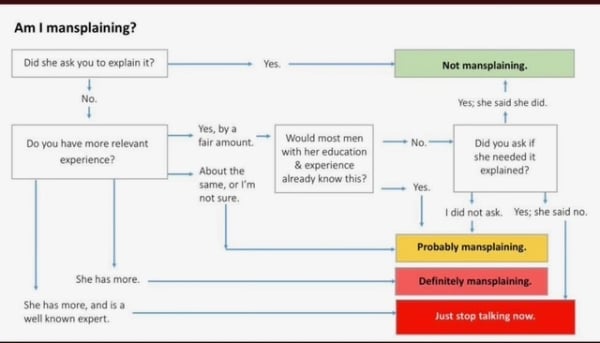From Rachel Toor
Five years ago, a friend had just been named to a (big) presidency. After hugging him, I said, “I just want one thing from you.”
“What’s that?”
“Moral leadership,” I said, smug in my role as a faculty asshat member.
With a winning smirk, he said, “Can I get my kids through college first?”
For the next five years, I followed his stunning career, as he bobbed and weaved with grace and skill through an impossible incredibly challenging situation. I watched him speak out with conviction, promote the work of others, especially people of color, and champion the causes we all care so much about. From people who worked with and for him, and in the news, I heard about how well he was doing his job.
This summer, at a leadership institute, one of the participants asked a panel of former and current leaders about "moral courage" in the job. One responded: “Just showing up at the office every day is an act of moral courage."
When I saw my friend again recently, I said, “Remember our conversation when you first got the big job?” He did.
“I am so sorry,” I said. How annoying it must have been to hear my perspective as an indignant faculty member who knew zip about what the job was or required. "What a jerk I am."
“No," he said. “It was a heavy burden.” He’d thought a lot about my comments and explained it helps to have the words of people we trust in our heads. You sometimes need to be reminded of who you are and what you believe.
He also said that he’s grateful for some of those angry faculty members who call him out for, well, everything. They can be useful and it’s important to listen to them.
Still, I remain embarrassed by how little I knew then, and how free I felt to offer an uninformed opinion.
Recently, I sent this piece from someone who has spent less time in higher ed than nearly all grad students to a bunch of presidents. Here are some of the (publishable) responses.



